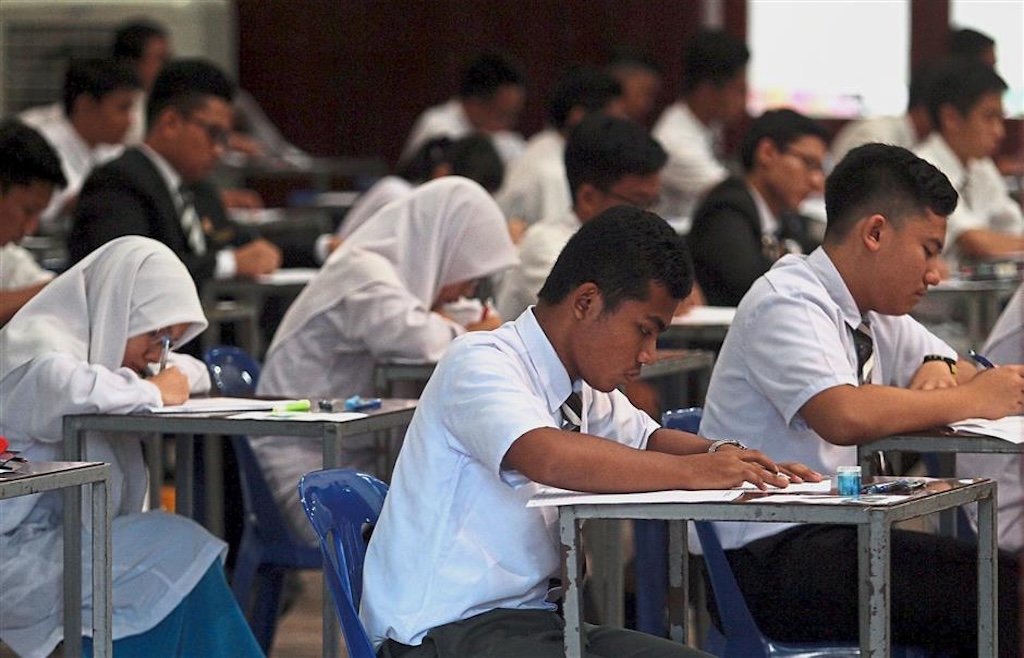By The Malketeer
At the recent “Bangsa Malaysia: Myth or Reality” conference, social science scholar Sharifah Munirah Syed Hussain Alatas called for a transformative change in Malaysia’s education system to pave the way for a united “Bangsa Malaysia” or Malaysian nation. Her impassioned plea underscores the vital role education plays in shaping the national identity and unity of a diverse and multicultural country like Malaysia.
Munirah’s central argument is clear: the realisation of “Bangsa Malaysia” is possible only if the education system is reformed comprehensively. She stressed that education reform should begin from primary to tertiary levels, with a particular emphasis on improving teacher education. Malaysia’s educators, she contends, are often undertrained, underpaid, and overworked, hindering their ability to nurture a sense of national identity and unity among students.
One of her key proposal is the teaching of unadulterated history in schools, alongside the introduction of subjects promoting interfaith dialogue, global events, and the struggles of marginalized communities worldwide. This shift in curriculum and pedagogy could help dispel the divisive focus on ethnicity and religion, promoting a more open and inclusive society.
Munirah argues that the lack of patriotism in Malaysia stems from the neglect of moral and ethical values, which are overshadowed by religious rituals. To tackle these challenges, she called for reforms and emphasised the need to address corruption and other obstacles in the education system before “Bangsa Malaysia” can become a reality.
During the conference’s Q&A session, some audience members expressed skepticism about the possibility of achieving “Bangsa Malaysia” given the multilingual nature of Malaysia’s education system. In response, political scientist Wong Chin Huat highlighted that unity might be achieved through assimilation rather than preserving linguistic diversity. He also pointed out that certain Chinese-medium national-type schools were already quite multi-ethnic.
The importance of education as a catalyst for achieving “Bangsa Malaysia” was further emphasised by International Institute of Advanced Islamic Studies (IAIS) Malaysia Chairman Maszlee Malik. He stressed that education can instill the values and principles of “Bangsa Malaysia” in the nation’s youth, helping bridge cultural and ethnic divides.
Harmony Malaysia President Datuk Richard Robless underscored the need to instill the national song “Negara Ku” and the national principles “Rukun Negara” from an early age, cultivating a sense of belonging and unity among students. Robless argued that education is the foundation of a united and developed country and urged the establishment of “Rukun Negara” clubs in schools.
The “Bangsa Malaysia” conference brought to light the imperative need for education reform to achieve national unity. The journey towards a united “Bangsa Malaysia” is not a myth but an ongoing process that requires concerted efforts and political will. Malaysia’s future as a united and harmonious nation depends on its ability to reform its education system and nurture a sense of shared identity.
MARKETING Magazine is not responsible for the content of external sites.









